‘Weak, weak, weak’: Strange political furore erupts as Britain cedes sovereignty over remote islands
A series of islands in the remote reaches of the Indian Ocean are at the centre of a “historic agreement” – and a bitter political furore.
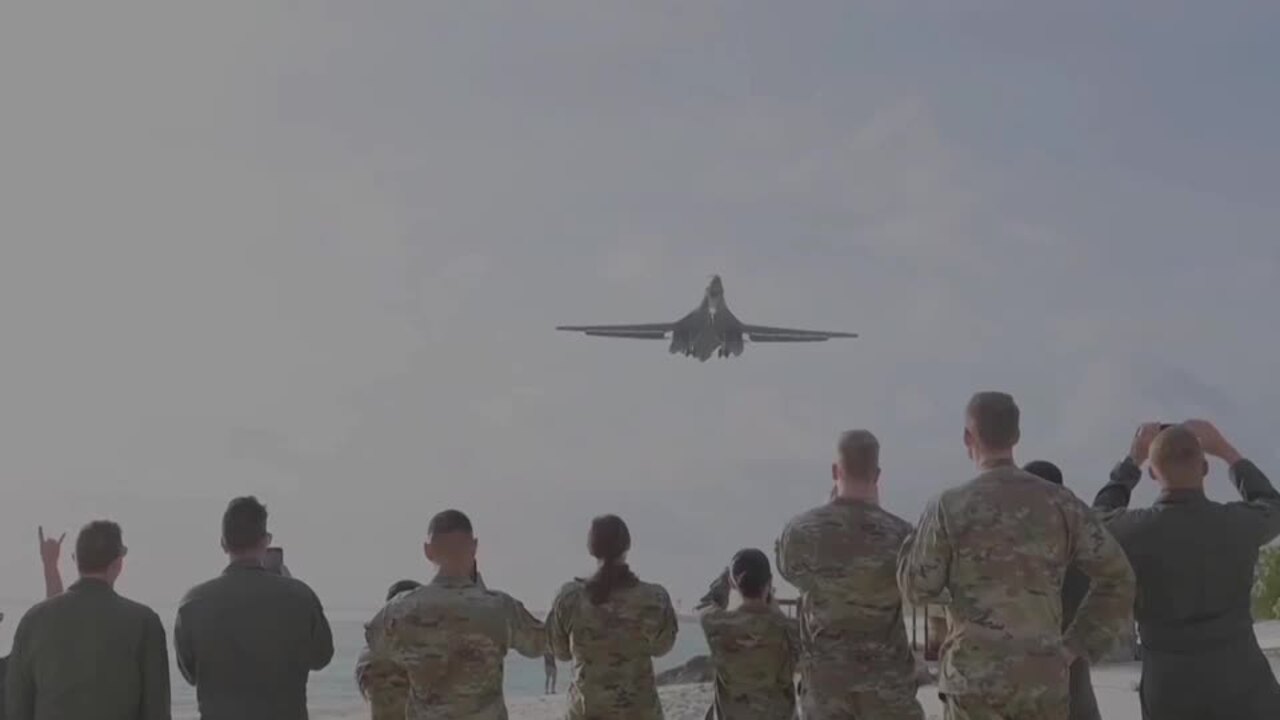
A series of islands in the remote reaches of the Indian Ocean are at the centre of a “historic agreement”, which will see the United Kingdom cede control over one of the few remaining holdovers from its colonial past.
The Chagos Islands are located hundreds of kilometres south of the Maldives, with their ownership disputed since 1965 when Britain separated them from its colony Mauritius.
When Mauritius, already semi-autonomous, became fully independent three years later in 1968, the islands controversially remained under the United Kingdom’s control.
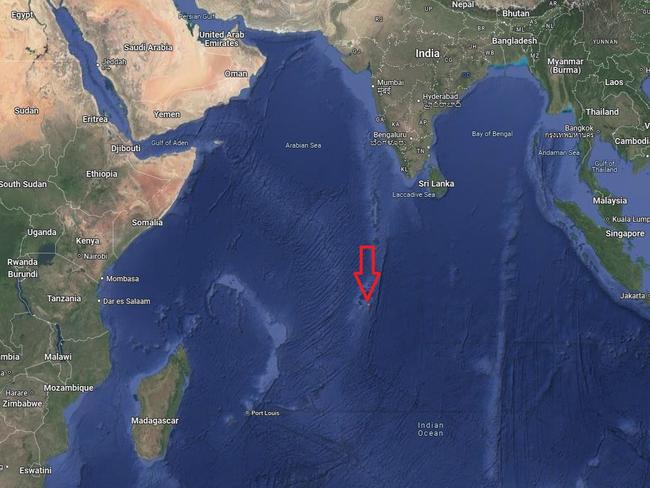
Britain leased them to the United States for 50 years, allowing the Americans to create a military base on one of the islands, called Diego Garcia. That deal was extended by a further 20 years in 2016.
Early on in the arrangement, between 1968 and 1973, the islands’ occupants were forcibly evicted.
Most were removed to Mauritius itself while others were sent to the Seychelles, with the 2000 or so locals described by a British diplomat, at the time, as “a few Tarzans”.
“A day to remember. A day to commemorate full sovereignty of the Republican of Mauritius over the entirety of its territory,” Mauritian Foreign Minister Maneesh Gobin said overnight, in a statement welcoming the new agreement.
American President Joe Biden described the deal as “a clear demonstration that through diplomacy and partnership, countries can overcome longstanding historical challenges to reach peaceful and mutually beneficial outcomes”.
The one exception to the new agreement is Diego Garcia, which will continue to house the “strategically important” joint US-UK military base.

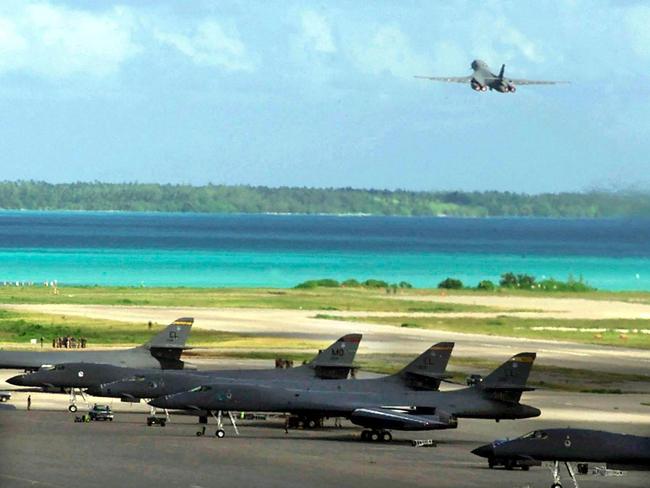
‘Weak, weak, weak’: British right condemns deal
Not everyone is thrilled about the development. Conservative MP Grant Shapps, the former British defence secretary, is among its critics.
“This is absolutely appalling,” Mr Shapps said.
“Surrendering sovereignty here creates read across to other British bases. It’s a weak and deeply regrettable act from this government.”
The United Kingdom’s current Labour government was elected in July; negotiations to cede sovereignty of the islands commenced in 2022 under the previous Conservative government, of which Mr Shapps was a senior member.
James Cleverly, who pursued the negotiations when he was the foreign secretary in that government, and is now running for his party’s leadership, has condemned the deal as “weak, weak, weak”.
A rather curious position, that, given Mr Cleverly was the one who opened talks on the matter in the first place.
When he was replaced as foreign secretary by the former prime minister, David Cameron, the negotiations were paused. Then the new Labour government revived and finalised them.
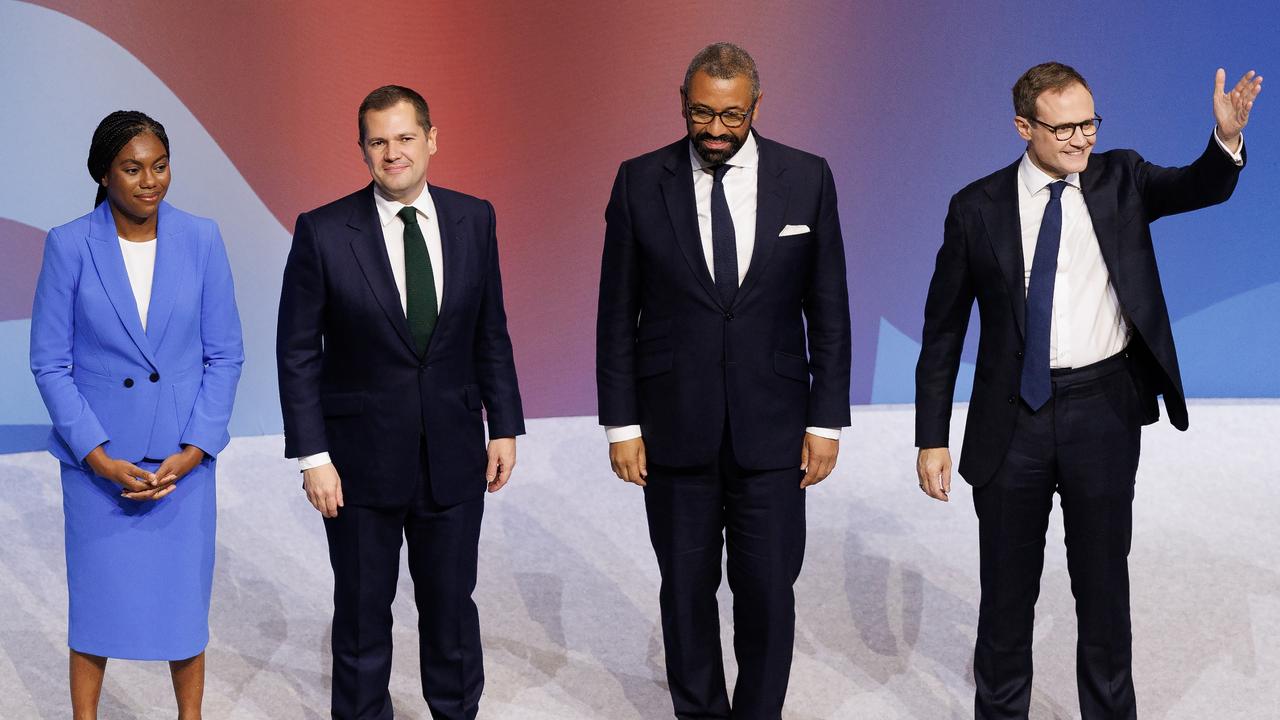
“James Cleverly deserves some credit, actually, for starting these negotiations,” Jonathan Powell, the British diplomat who brokered the agreement, told Sky News UK last night.
“He actually pursued them very enthusiastically. I think he’s just trying to defend himself from attacks by the other leadership candidates.”
Right-wing politician Nigel Farage, head of the Reform party, said “giving up” the Chagos Islands was “a strategic disaster”.
“Our American allies will be furious and Beijing delighted. Labour are making the world a more dangerous place,” said Mr Farage.
If the United States is indeed “furious”, there is no hint of it in the country’s public stance.
“I applaud the historic agreement and conclusion of the negotiations between the Republic of Mauritius and the United Kingdom,” Mr Biden said in his statement.
“Diego Garcia is the site of a joint US-UK military facility that plays a vital role in national, regional, and global security. The agreement secures the effective operation of the joint facility on Diego Garcia into the next century.
“We look forward to continuing our strong partnership with Mauritius and the United Kingdom in upholding a free and open Indo-Pacific.”
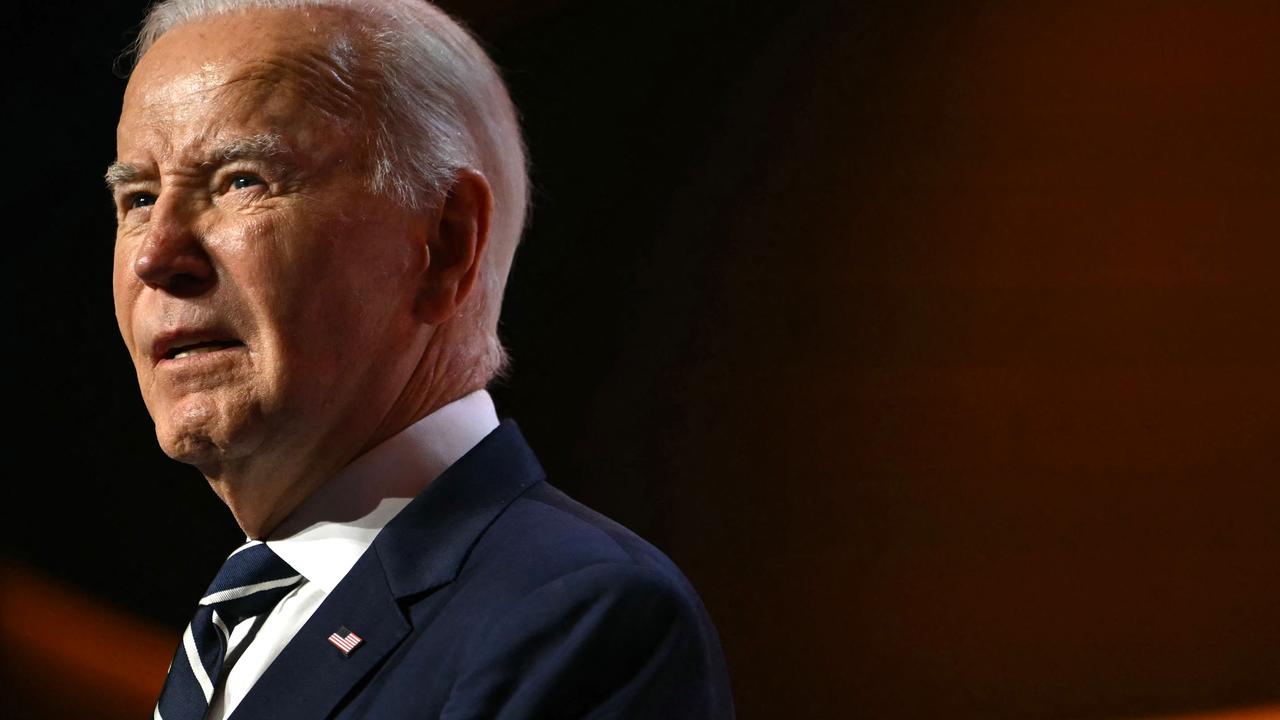
History of the Chagos Islands
The archipelago was first colonised by France in the 18th century. African slaves were shipped in to cultivate coconuts and copra.
In 1814 France was forced to cede the islands to Britain, which in 1903 merged them with Mauritius, then already its colony, around 2000 kilometres to the southwest.
After the abolition of slavery in 1834, Indian workers arrived. Only three of the 55 or so islands and atolls were actually inhabited: Diego Garcia, Salomon and Peros Banhos.
In 1965 Britain separated the Chagos Islands from the rest of Mauritius. It paid three million pounds for them, or about 50 million pounds in today’s currency.
Mauritius long argued that it was illegal for Britain to break up its territory, and demanded the right to resettle former residents.
However the US military base on Diego Garcia grew in strategic importance during the Cold War, given its proximity to Asia.
After the 1979 Iranian revolution, the United States expanded the base to receive more warships and heavy bombers.
In recent years Diego Garcia has served as a staging ground for US bombing campaigns in both Afghanistan and Iraq.
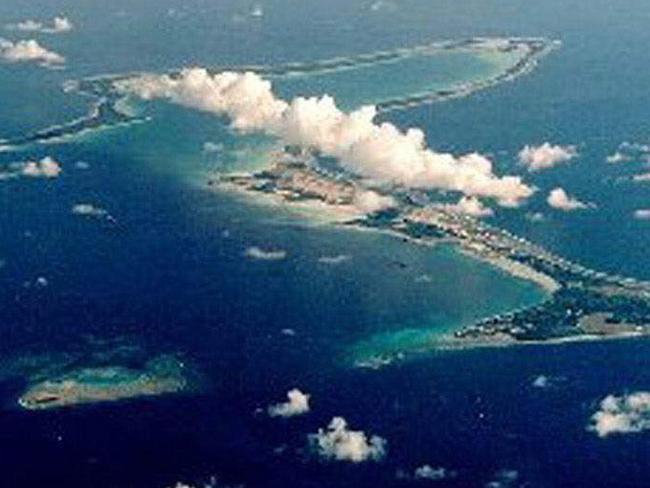
Chagos islanders living in Mauritius launched legal proceedings against their expulsion in 1975, resulting in a compensation payment in 1982. There were no reparations for islanders settled in the Seychelles.
In 2007, a British appeals court paved the way for Chagossians to return home, but its decision was annulled by Britain’s House of Lords the following year.
In 2016m the British government confirmed its opposition to the resettlement of Chagossians, including for reasons of defence, security and cost.
Today around 10,000 Chagossians and their descendants are divided between Mauritius, the Seychelles and Britain.
In 2010, Britain declared the islands part of a Marine Protected Area, arguing that people should not be permitted to live there.
Diplomatic cables revealed by WikiLeaks quoted a British official as saying the plan “put paid to the resettlement claims of the archipelago’s former residents”.
The move backfired, as a United Nations arbitration tribunal declared it illegal in 2015. The International Court of Justice stated in 2019 that Britain had illegally split the islands.
Britain rejected the ruling, insisting that Mauritius was wrong to bring the case to court, and arguing the Diego Garcia base played a “vital role” in keeping the region safe.
Later that year, the UN General Assembly supported a resolution which demanded that Britain cede the islands.
“Today’s agreement secures this vital military base for the future,” current British Foreign Secretary David Lammy said overnight.
The statement claimed that the agreement resolves “all outstanding issues between the United Kingdom and Mauritius”.
– with AFP




